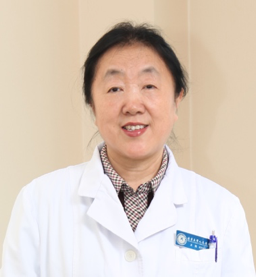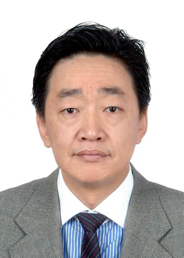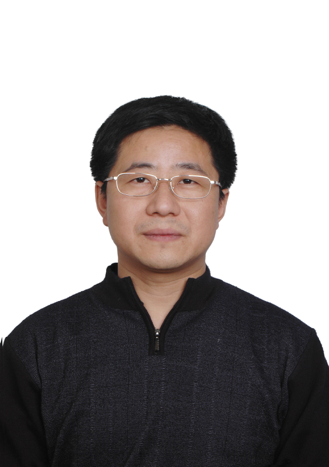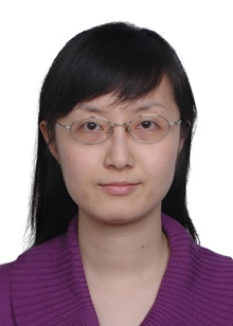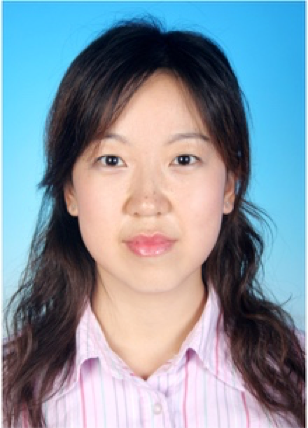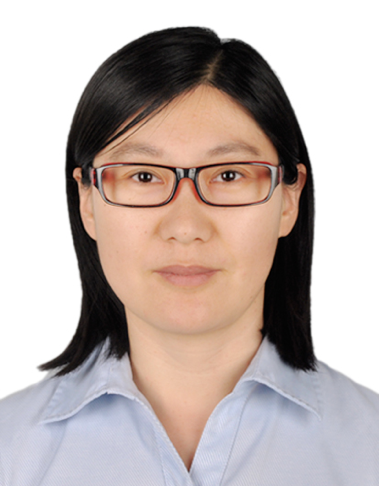Nephrology
Department of Nephrology
The Department of Nephrology at Peking University People's Hospital was established in 1988. With years of development, we now provide comprehensive diagnosis and treatment for patients with various kinds of acute/chronic kidney diseases. Our goal is to provide high-quality medical care to patients and help them maintain high quality of life.
Organization
Our department consists of seven parts: renal ward, outpatient clinic, hemodialysis center, peritoneal dialysis center, renal pathology laboratory, renal clinical laboratory, and the editorial department of the Journal of Chinese Blood Purification.
Services Provided
We use modern medical technology to provide a broad range of diagnosis and treatment services.
1) Pathologic Diagnosis of Kidney Diseases
Each year, around 400 renal biopsies are performed in our department; around 800 renal biopsy samples from other hospitals in Beijing and other parts of China are delivered to our renal pathology laboratory for pathologic diagnosis. Our renal pathology team is well recognized for its rapid reporting strategy and accurate and prompt diagnosis of many clinically complex cases, such as IgG4-related disease, monoclonal gammopathy of renal significance (MGRS) and so on.
We also hold the clinical pathology conference (CPC) weekly and invite authoritative pathologists from other departments to discuss cases together. This ensures appropriate pathological diagnosis and allows for specifically individualized patient management.
2) Chronic Kidney Disease (CKD) Clinic
The number of CKD patients has been increasing rapidly. Therefore, we founded the CKD clinic to provide integrated treatment for them, including:
1. Monitor and intervene the high-risk populations (individuals with diabetes, hypertension, obesity, smoking, hyperuricemia, advanced age) to prevent CKD.
2. Slow down the progression of CKD through early intervention.
3. Help end-stage renal disease (ESRD) patients choose appropriate renal replacement modalities.
4. Provide patients with training and follow-up programs to ensure a high quality of life.
3) Dialysis Program
The following blood purification treatment procedures are provided to treat various acute and/or chronic kidney diseases:
Hemodialysis (HD);
Peritoneal dialysis (PD);
Continuous renal replacement therapy;
Hemoperfusion;
Plasma Exchange.
4) Hemodialysis Center
The HD center is now the blood purification training base for the Beijing Hemodialysis Quality Control & Improvement Center (BJHDQCIC) and the Chinese Nursing Association (CNA). A broad range of treatment modalities, HD-related surgeries and procedures are provided. We use state-of-the-art water filtration systems and dialysis machines to ensure the safety of the dialysis procedure.
To improve the quality and safety of HD, we have also introduced many new technologies, including:
Bioelectrical impedance analysis for dry weight estimation;
Vascular access function tests;
Endothelial function examinations;
Bacterial endotoxin quantitative tests;
Rapid activated clotting time (ACT) tests.
5) Peritoneal Dialysis Center
Our peritoneal dialysis center currently has over 180 patients, ranking in the top three in Beijing. Several types of PD modalities are provided to patients based on their clinical conditions.
As a form of home care, PD patients require meticulous follow-up and monitoring. Our center regularly evaluates every important aspect of our patients, creates individualized treatment plans and offers high-quality training to help them maintain a high quality of life.
Compared with other international PD centers, our center has a low dropout rate and a low incidence of peritonitis. The control rates of anemia, nutrition, and calcium and phosphorus metabolism are better than those of most other PD centers in China and are comparable to those of PD centers in Japan and the US.
Education & Training Program
As a department in a leading university hospital, we are committed to educating medical students from Peking University, hospital residents and doctors from community hospitals.
Our nephrology training program provides comprehensive training in clinical nephrology and dialysis, as well as basic and clinical research. We have trained over 100 nephrologists in the past ten years, many of whom have become excellent nephrologists in their respective areas.
To keep abreast of international medical advancements, we invite many world-renowned nephrologists to our department for academic exchanges and send our staff members abroad for advanced studies and international academic conferences.
Research
Our research activities cover a broad range of kidney diseases, from bench to bedside, with a special focus on hemodialysis and chronic kidney disease-mineral and bone disorder (CKD-MBD). A series of papers have been published. Some research projects on CKD sponsored by the Peking University Clinical Research Institute and the National Health and Family Planning Commission of the People’s Republic of China are currently being carried out in our department.
Clinical Trials
Our department is a National Medical Products Administration-certified Clinical Pharmacological Base. Several international, multicenter, randomized clinical trials have been accomplished, and others are currently underway, including the Dialysis Outcome and Practice Pattern Study (DOPPS), A Clinical Trial of Intensive Dialysis (ACTIVE D) Study, and phase III clinical trials for Paricalcitol, Cinacalcet, Lanthanum carbonate, Aranesp (Darbepoetin alfa), Roxadustat, etc. This allows us to bring the latest discoveries to our patients as quickly as possible.
Renowned Medical Staff
Prof. Wang Mei is a nationally recognized expert in the field of chronic kidney disease-mineral and bone disorder (CKD-MBD). She is a council member of the Chinese Hospital Association and a former president of the Blood Purification Center Management Branch (BPCMB) of the Chinese Hospital Association (CHA). Currently, two projects on vascular calcification associated with CKD sponsored by the Peking University Clinical Research Institute are being conducted under her supervision.
Prof. Zuo Li serves as the Chair of the Department of Nephrology and the President of the BPCMB of CHA. He is acknowledged for his research in chronic kidney disease and hemodialysis, particularly for his development of a GFR estimating equation for the Chinese population. Currently, he is the principal investigator for the Chinese area in several international studies, including the Dialysis Outcome and Practice Pattern Study (DOPPS), A Clinical Trial of Intensive Dialysis (ACTIVE D), and the Asian Renal Epidemiology Cooperation (ARC).

